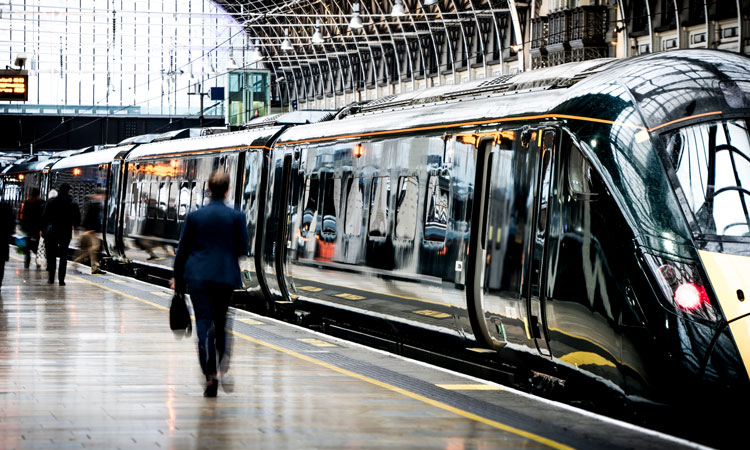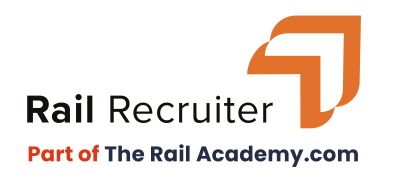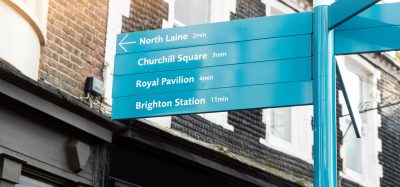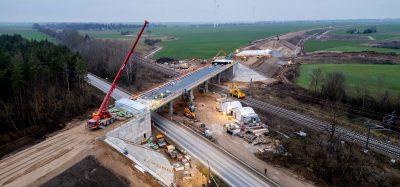RIA seeks long overdue update to the Rail Network Enhancements Pipeline
Posted: 21 April 2023 | Global Railway Review | No comments yet
There has been no update to the Rail Network Enhancements Pipeline (RNEP) since it was published exactly three-and-a-half years ago.


The Railway Industry Association (RIA) – the voice of the UK rail supply community – has been campaigning for the Rail Network Enhancements Pipeline (RNEP) to be updated and published because it says with passenger numbers returning to close to pre-pandemic levels, the UK rail network desperately needs enhancements to increase rail capacity, improve journey times, and generate further economic growth.
Friday 21 April 2023 marks exactly three-and-a-half years since the RNEP was last published by the UK government on 21 October 2019. Annual updates have been promised but not delivered.
RIA’s Chief Executive, Darren Caplan, said: “It is incredibly frustrating that another milestone has been reached for non-publishing of the RNEP. The government promised to update the RNEP annually, and when asked have replied that it would be published ‘soon’.
“Yet exactly three-and-a-half years, or 1,277 days, since the last update we still await the pipeline list of enhancements schemes to be circulated. This failure to publish – or make a related announcement of any sort – means real uncertainty for rail businesses, impacting investment, jobs, and skills development, and threatening the ability of SMEs to survive. It also increases the cost of future work.
“So RIA and our members once again call on the government to publish the RNEP as a matter of urgency. Doing so would not only provide the clarity rail suppliers need on important rail projects and the long-term funding to pay for it, it would also mean the supply sector can get on with helping to unleash economic growth, and give a much-needed boost to UK rail’s future connectivity and capacity.”
When originally published, the RNEP set out a new approach for rail proposals that require government funding. This approach was to create a rolling programme of investment, focused on outcomes that provide benefits for passengers, freight users and the economy and moving government investment in enhancements away from a rigid five-year cycle.
Related content you will enjoy:
RIA publish new paper outlining rail electrification benefits








